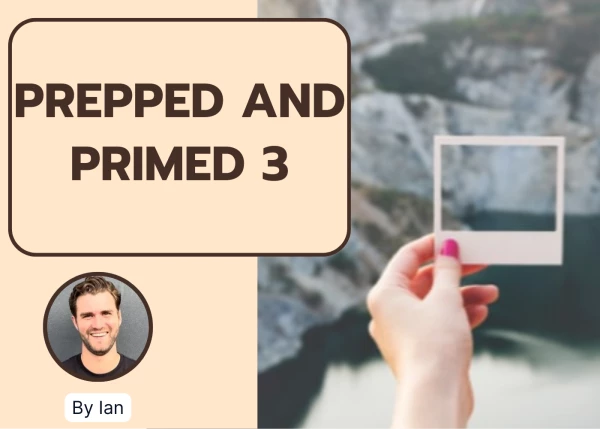Got this case study at a strategy consulting firm.
How much hand sanitiser was used yesterday in X country?


Hi there,
You'll get the best out of this exercise if you try it yourself and post here for feedback.
How to think about Market Sizing
It's very simple: Do the approach the is the easiest for you given the question.
Are they asking you to estimate something where you don't even know where to begin from the top (maybe you have 0 clue as to the market size of the industry, the GDP of that country, etc. etc.)? Then do bottom-up!
Alternatively, does it seem impossible to do a realistic from-the-ground-up estimation of something (perhaps it requires just far too many steps and assumptions)? Then do top-down!
Fundamentally, you need to take the approach that just makes the most sense in that circumstance. Quickly think about the key assumptions / numbers required and whether you 1) Know them or 2) Can reasonably estimate them. If you can, go ahead!
Remember that there's rarely a "best" answer with market sizing. What's important is that you break down the problem the way it makes sense to you. Importantly, break it down so that the assumptions you make are the ones you're most comfortable in.
For example, do you know all the major brands? Great go with that. Do you understand all the segments of that country's population (either age or wealth or job breakdown)? Go with that. Do you know the total market size of the tourism (or hotel) industry? Then break it down that way.
Some tips:
- Just like in a case, make sure you understand the question - what are you really being asked to calculate
- Decide whether a top-down or bottom-up approach is best
- Figure out what you know you know, and what you know you don't know, but could estimate
- This helps you determine how to split out buckets
- Stay flexible - you can start with a "high-level" market sizing, but gauge your interviewers reaction....if it looks like they want you to do more...then go along level deeper in terms of your splits
An Example
Take a look here for additional practice! https://www.preplounge.com/en/management-consulting-cases/brain-teaser/intermediate/taxis-in-manhattan-market-sizing-229
And here's a practice Q&A:
This one could be answered top-down (as I did) by estimating population of the city, # of drivers/ cars, etc. etc.
OR, it could be answered bottom-up by estimating # of stations you see per block (or # of gas/petrol tanks), % increase this might be over time (or # of EV stations that would be needed per gas tank given EV stations take 10 times as long), and # of blocks you'd estimate the city to have.
Clarifying questions
a) What unit of measure are we using? I will assume standard, 50 ml bottles.
b) Is product segmentation relevant or can we assume hand soap is the same as alcohol-based cleaning gel. I’ll assume we we are talking about any product used to clean hands.
c) When is this scenario taking place? Relevant since cleaning habits changed since the pandemic. I’ll assume it’s present day, during a pandemic but towards the end of it.
d) Where is X? The cleaning habits of a first world country are going to be vastly different than the ones in a poor country. I am going to assume it’s Italy.
Resolution process
1. Estimate the population of X
2. Estimate the percentage of people that wash their hands at least once a day.
3. Segment people that wash their hands at least once per day into light, normal and heavy users.
4. Estimate the percentage of people that fall into each segment.
5. Estimate the average bottle consumption per month by each segment.
6. Calculate the total amount of bottles used by each segment and then sum to find the total amount of bottles used per month.
7. Divide by the number of days in a month to get the average consumption of bottles in a day.
Ask the interviewer if they agree with this structure. Assuming they do, proceed with calculations and assumptions.

Hello!
I would always recommend you to give it a shot and then post it here, this would help you the most.
Given that market sizing cases were the topic of many questions in this Forum, I developped a market sizing case, that you can find for free in PrepL´s library
https://www.preplounge.com/en/management-consulting-cases/candidate-led-usual-style/intermediate/market-sizing-new-startup-launch-baby-strollers-in-the-us-244
Let me know if you have any doubts with it, it contains a detailed explanation and methodology about how to solve this specific example, but you can extrapolate to many other market sizings!

What is the question? You can leverage this sources to find out more how to solve it https://www.preplounge.com/en/bootcamp/case-cracking-toolbox or ask specifically what you look for.
Was this answer helpful?














